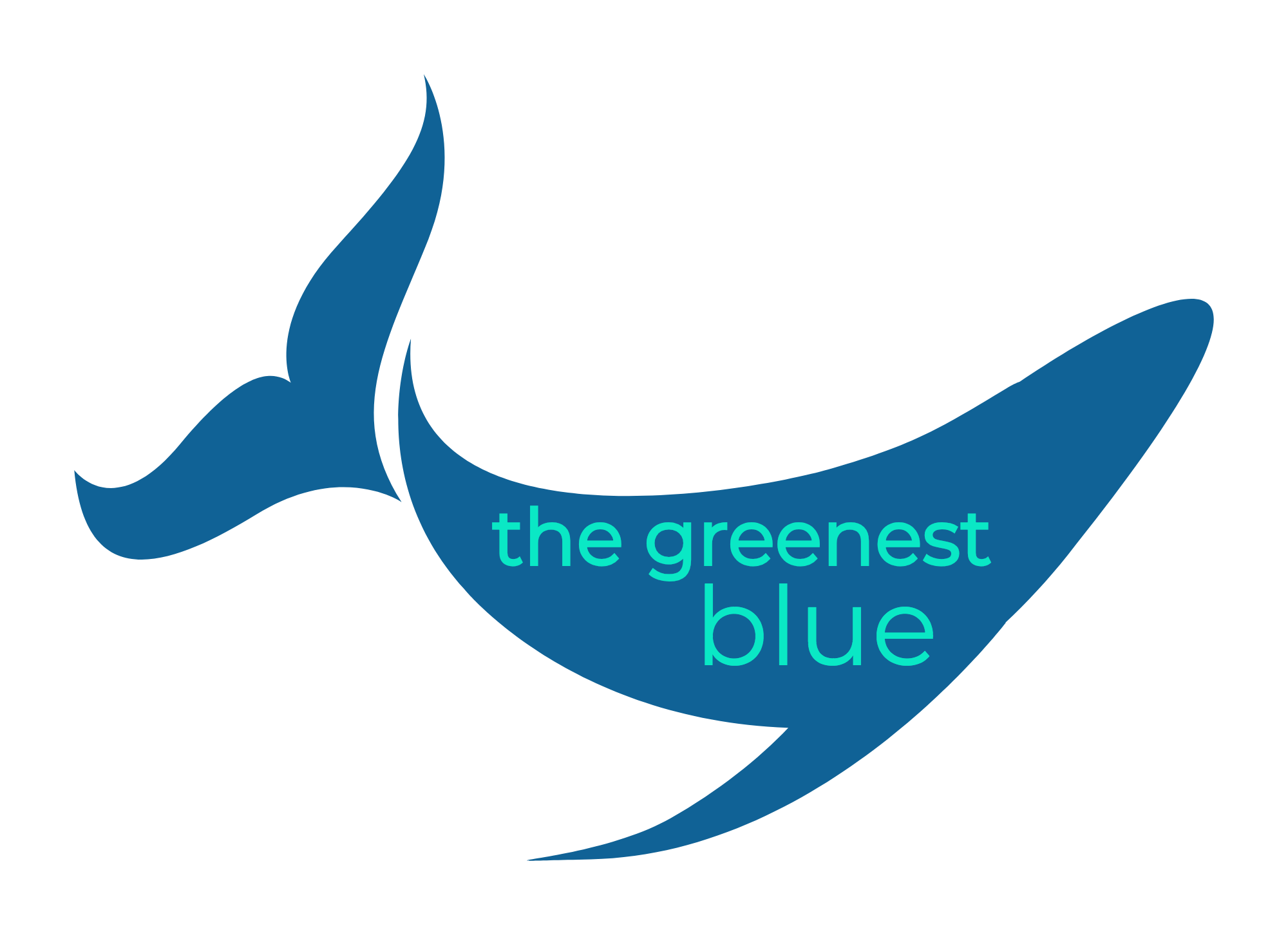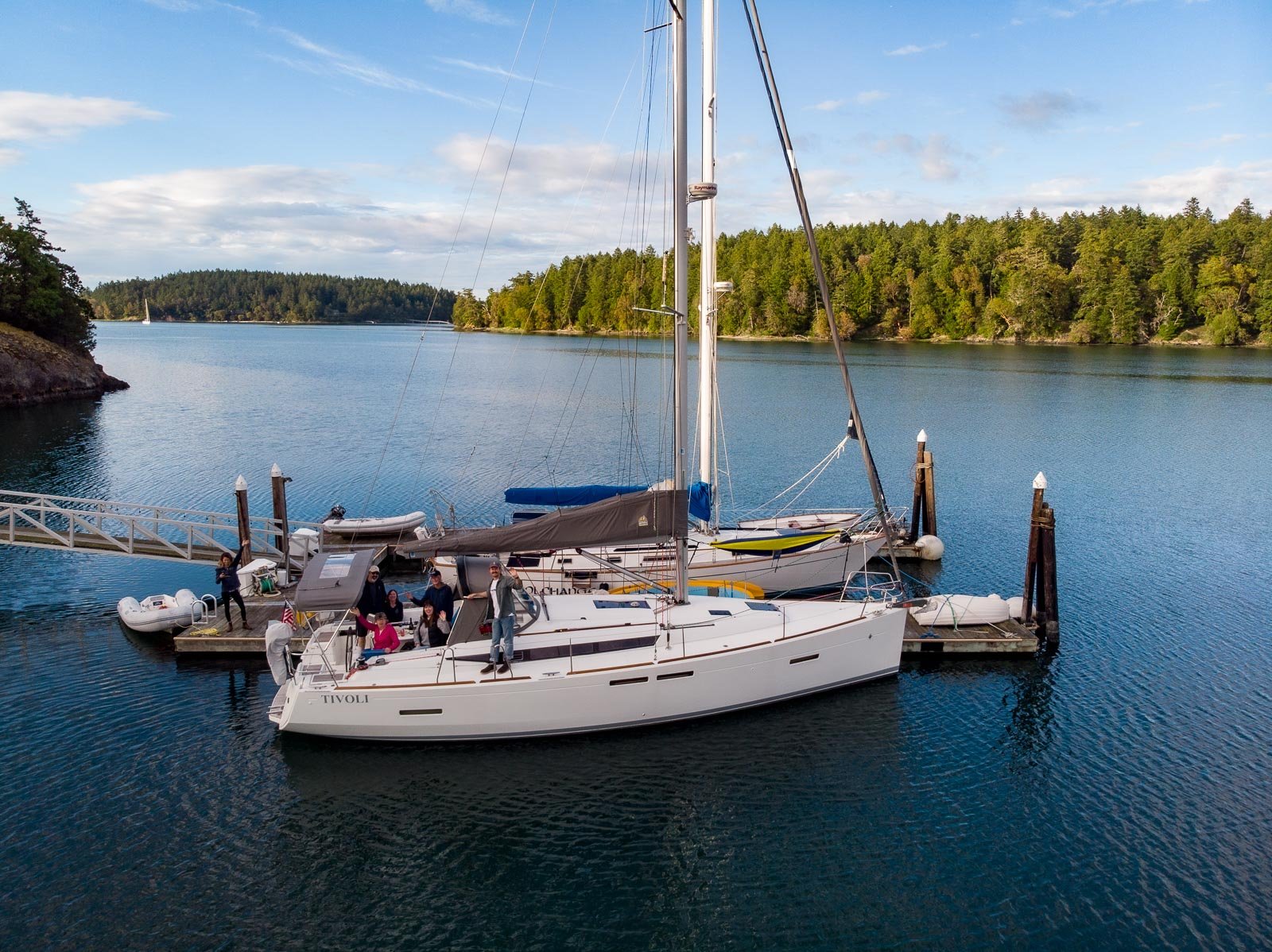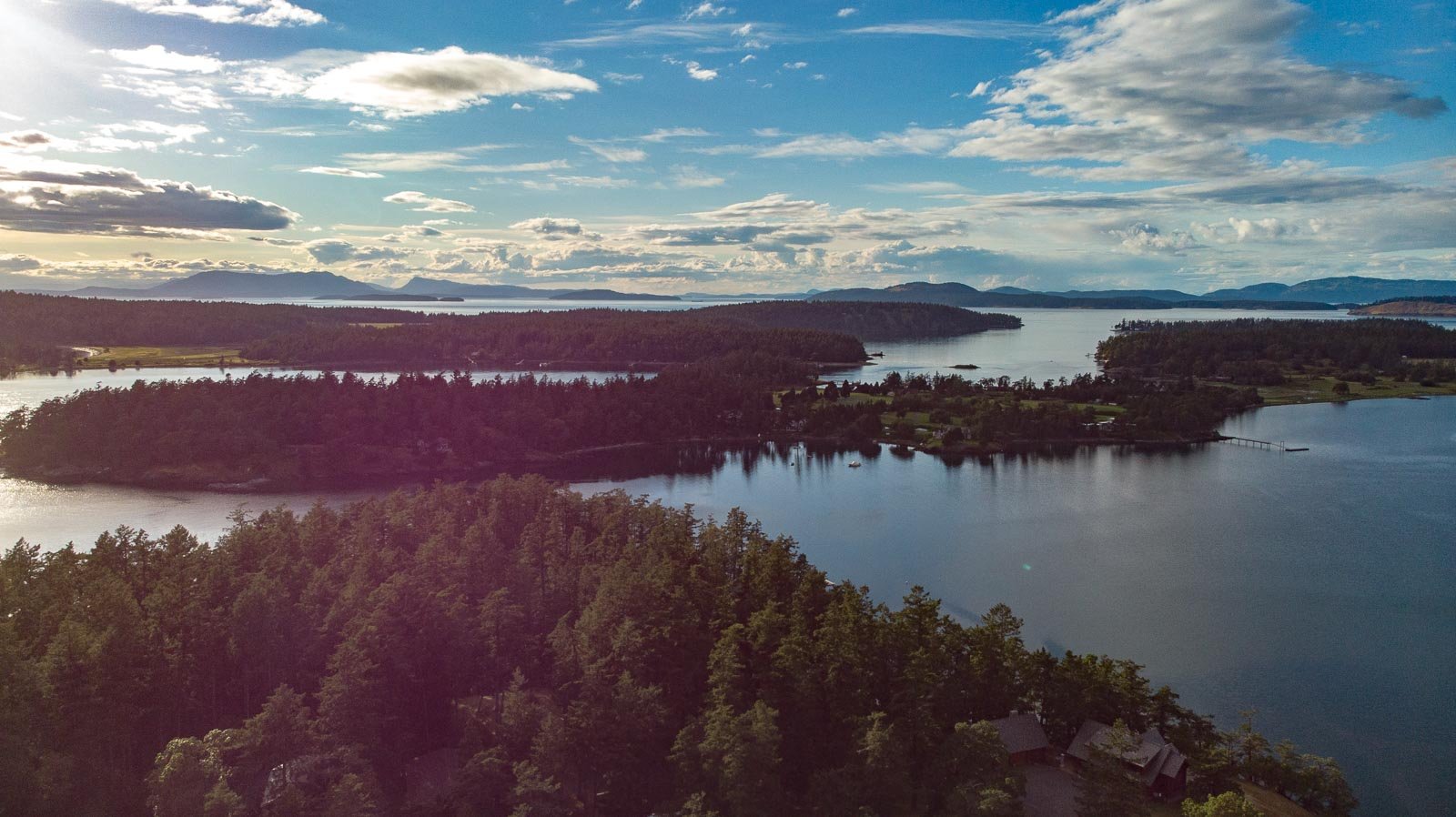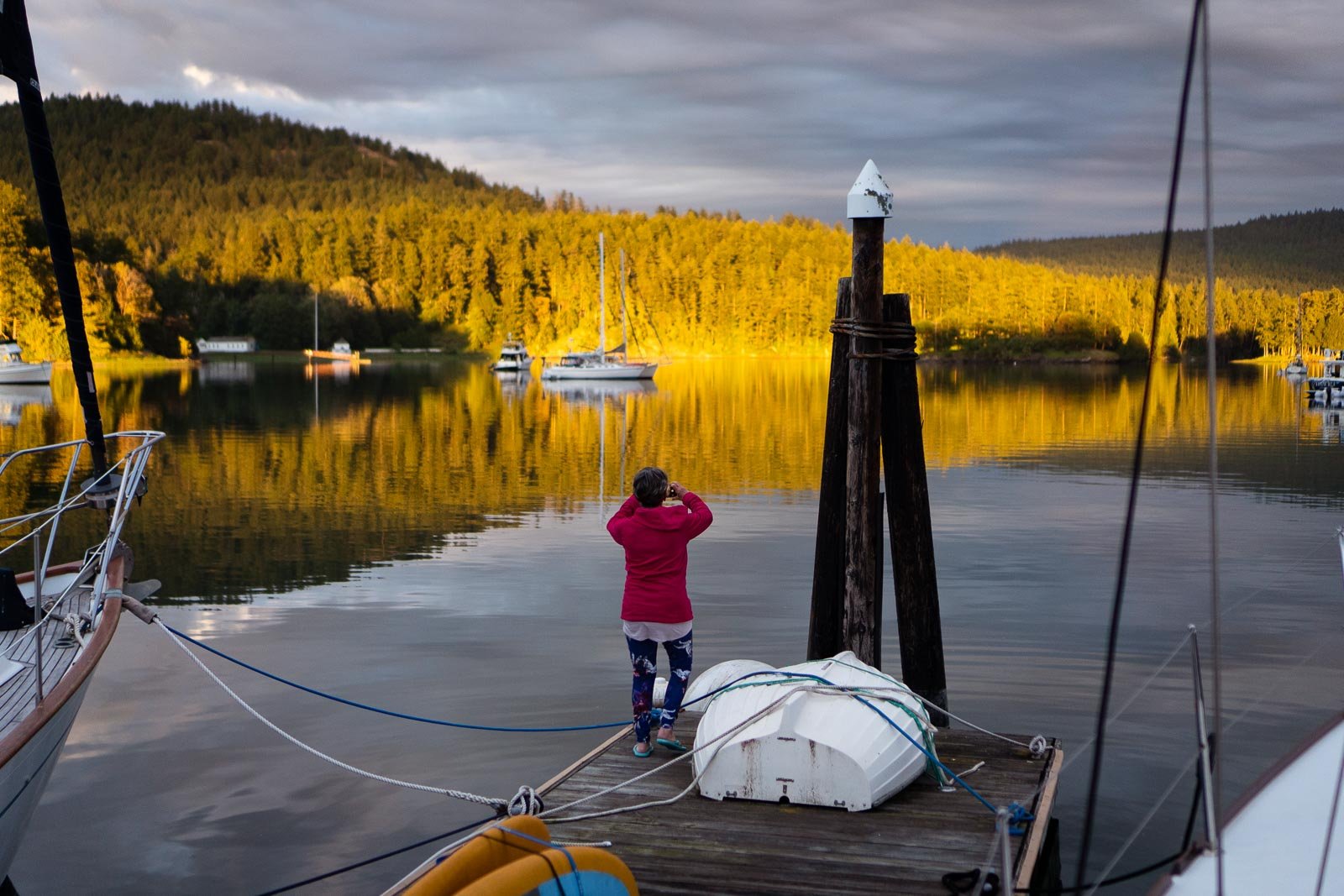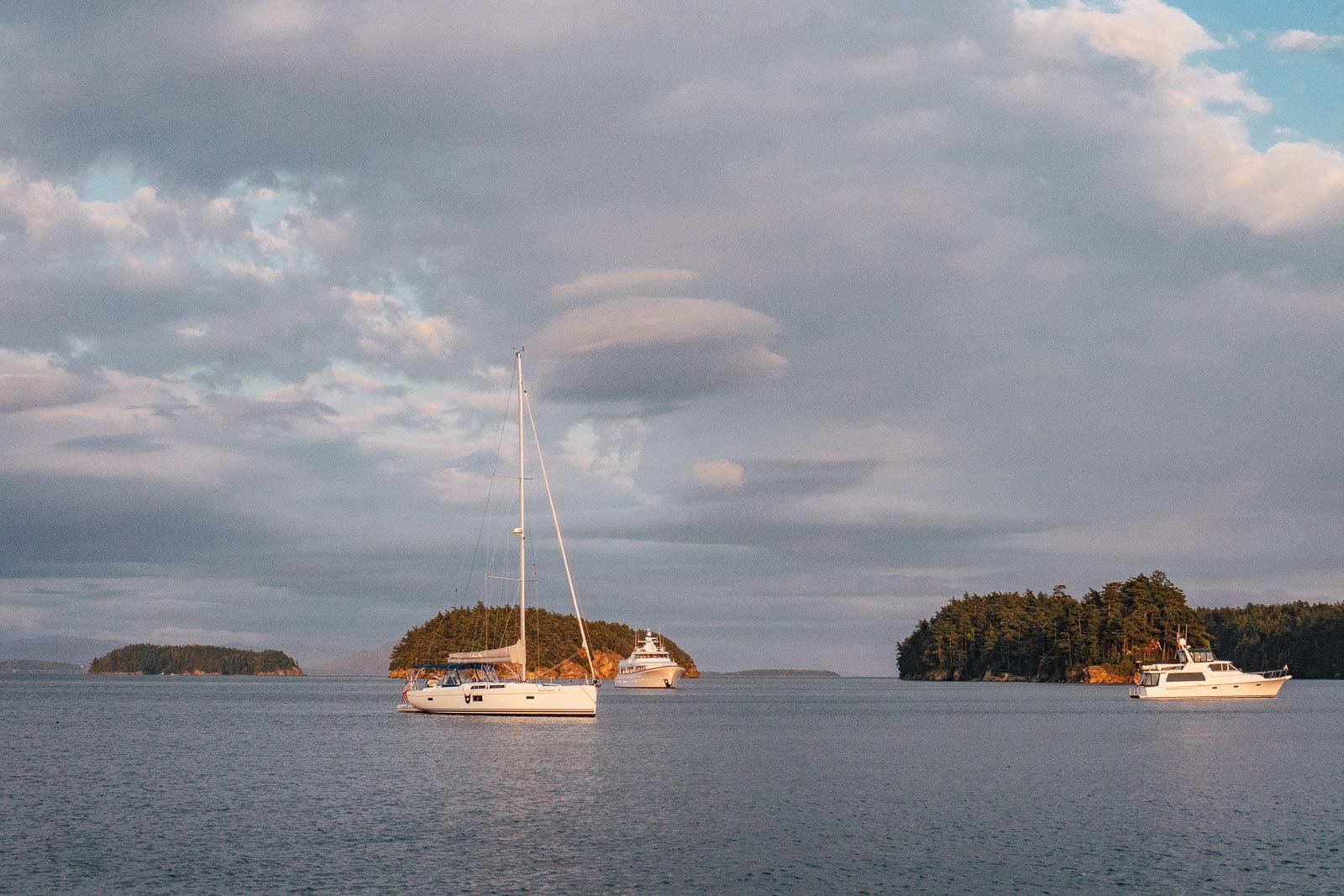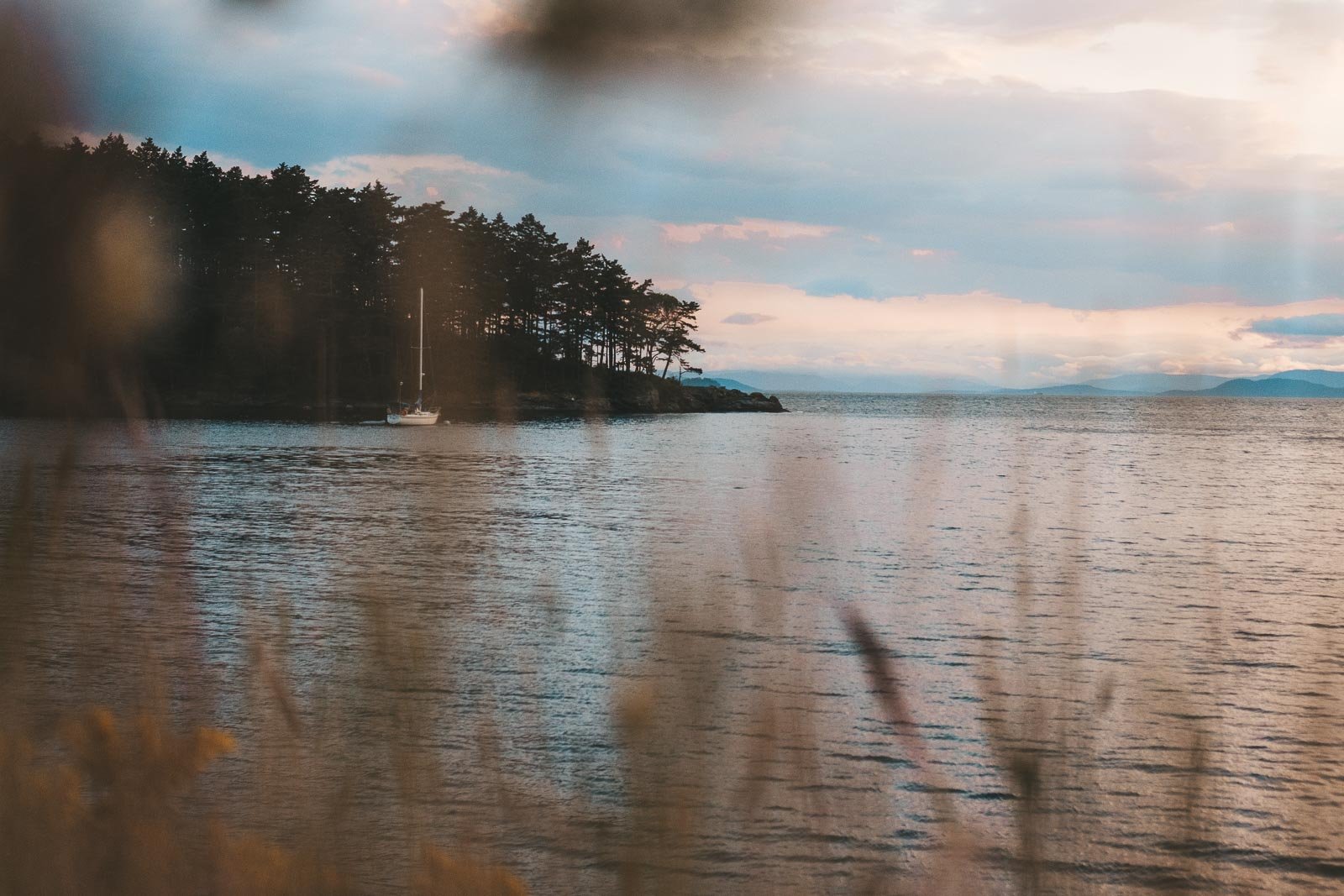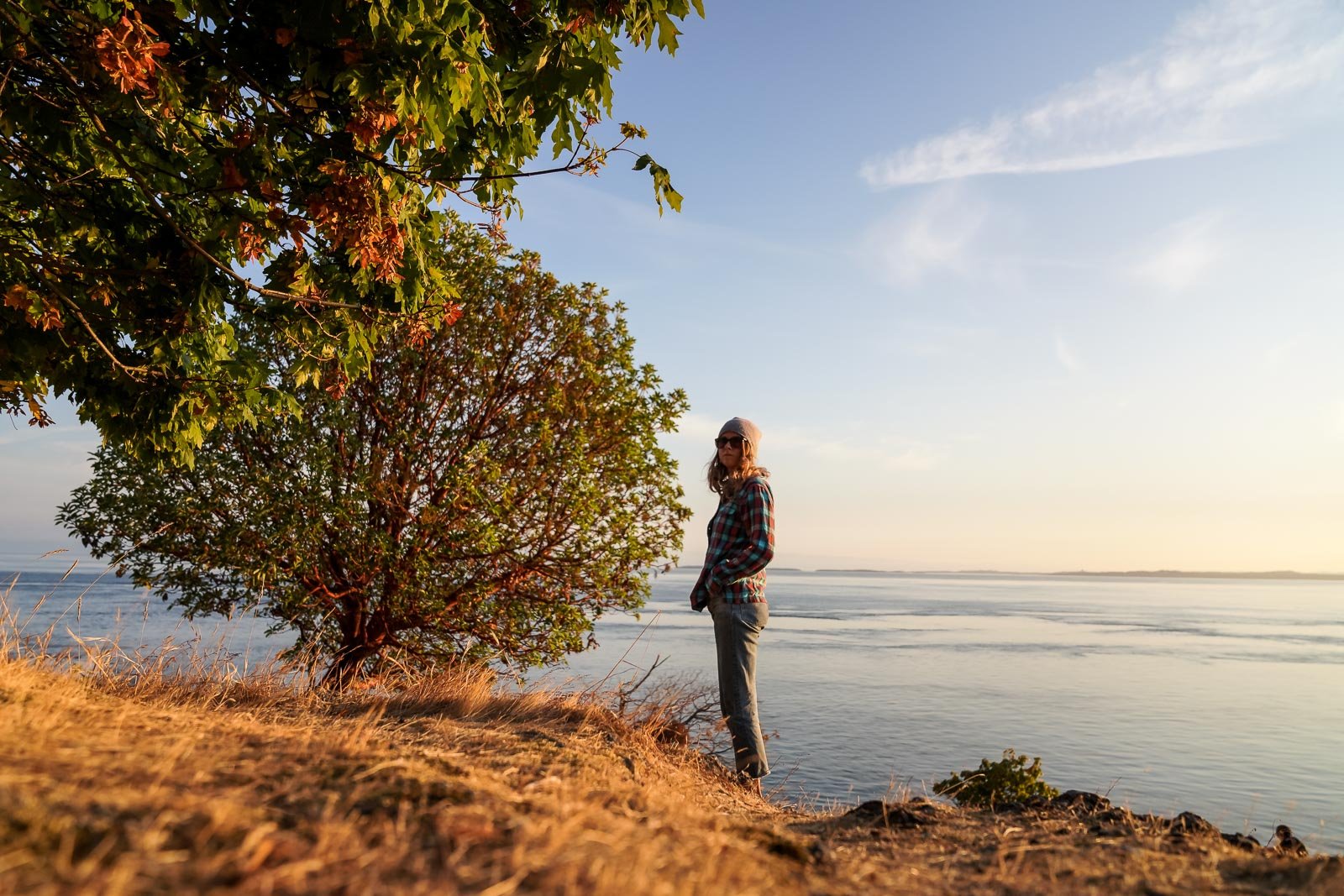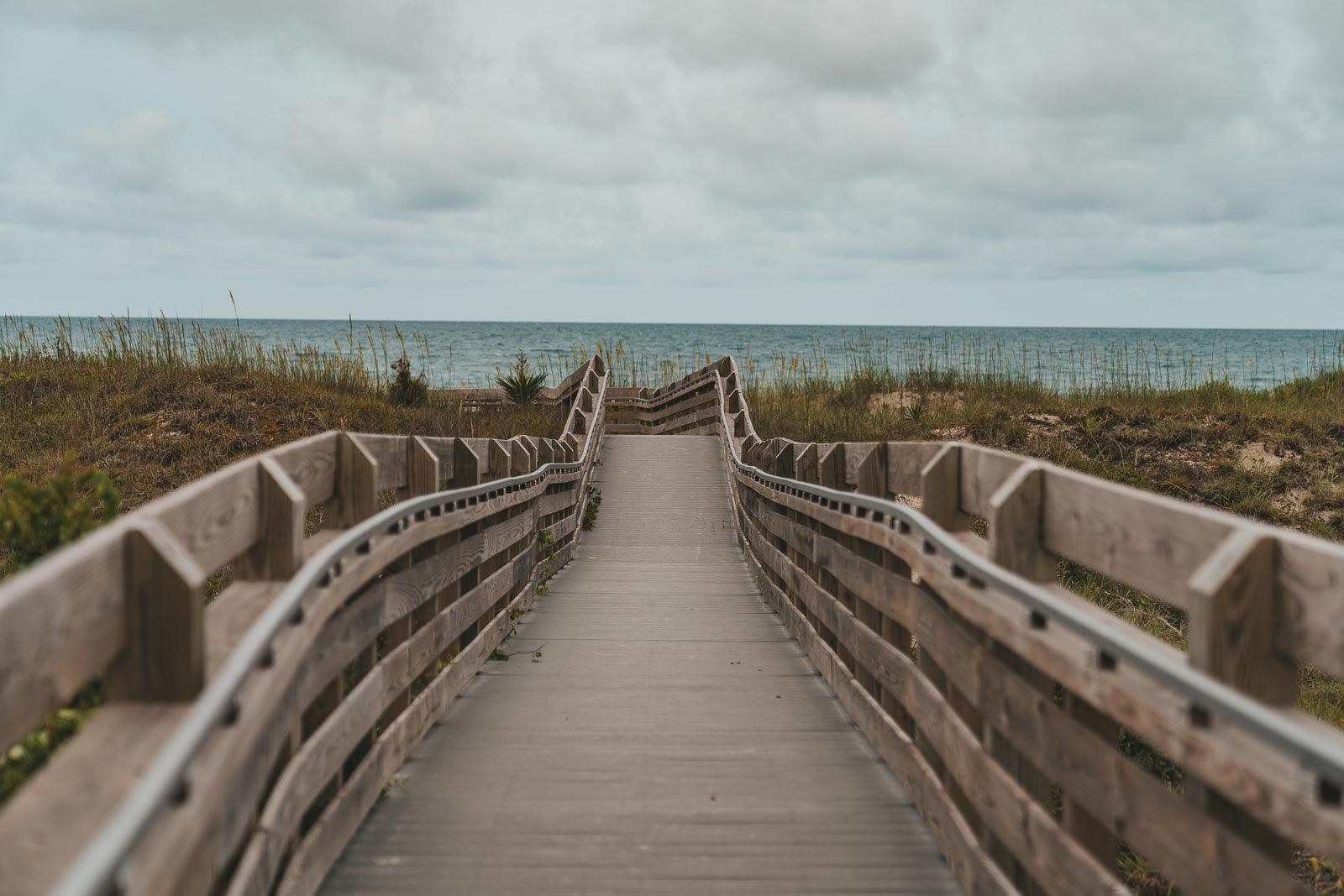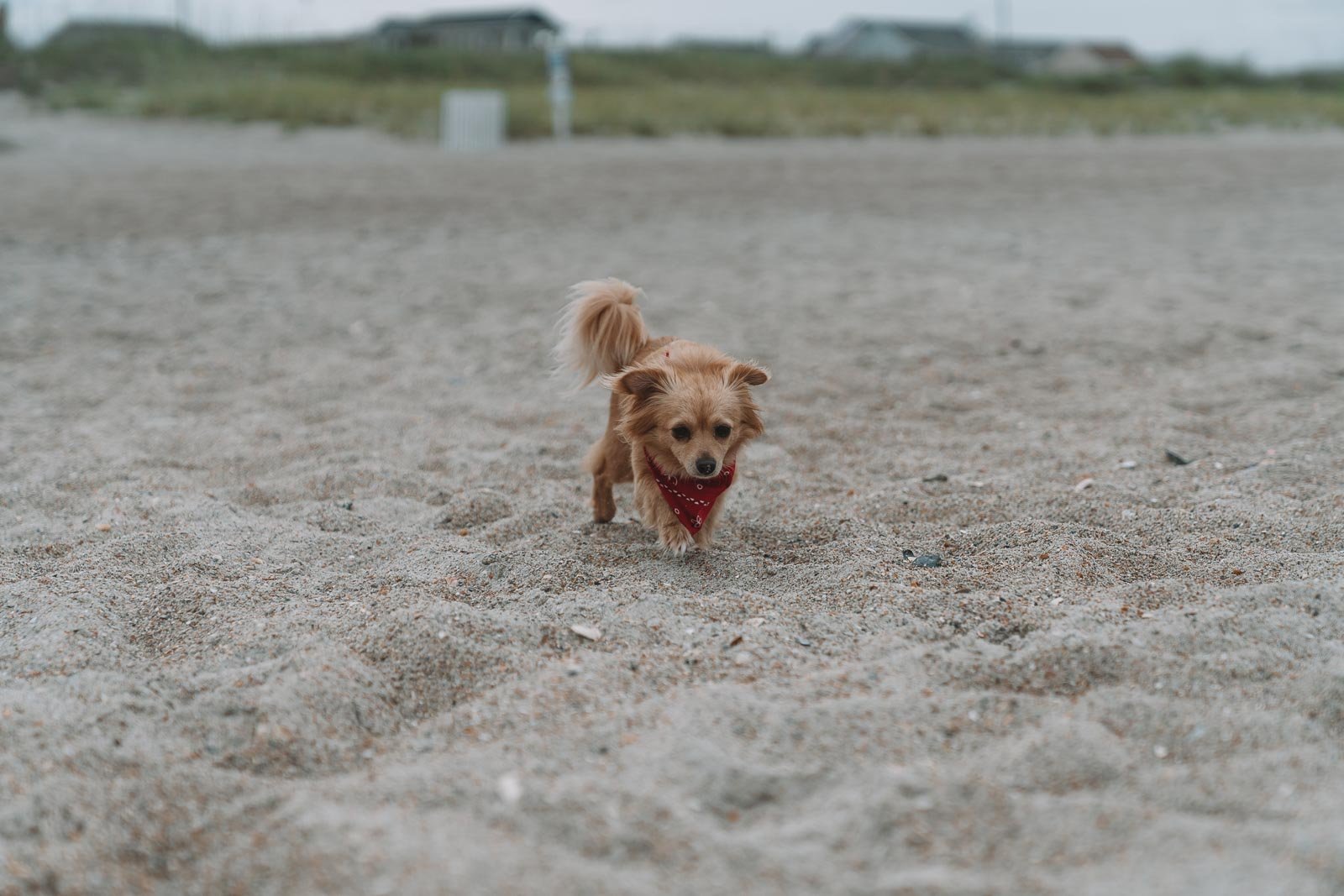The Mental Repercussions of my First Year of Grad School
This post contains affiliate links, which earn me a small commission on products I’m already in love with. This is at no extra cost to you! Thank you for supporting The Greenest Blue.
So, how did it feel to finish my first year of grad school??
I am DONE with year one! I’ve wrapped up my core classes and almost all of the credits I need for my PhD and Coastal Science and Policy emphasis, and although I have a departmental exam to take in September, I am feeling pretty accomplished and proud of myself.
At the beginning of June, I finished up my Biological Oceanography and Marine Mammals finals, wrote a final paper for my Adaptation and Planning course in the Coastal Science and Policy department, and submitted a proposal for my research to the tour company I’ll be working with while down in the Antarctic next winter. It was busy, but exciting to knock these things off of my to-do list. What I was REALLY excited about, though, was the sailing trip my family had planned in the San Juans for a couple of weeks after the quarter. I hit submit on my last assignment, threw some stuff in a bag, and headed off to Bellingham to meet my family for some much needed rest and relaxation, San Juan style.
That sailing trip deserves its own post, so I’ll leave the description of our magical time aboard S/V Tivoli for later.
I want to present this post as a raw, unfiltered reflection on my first year of graduate study. Every time I try to talk to people about the year and why I think it’s been so hard on me mentally, I find myself tripping over my words and trying to explain everything in a socially appropriate, let-me-make-it-easy-for-you-to-understand manner. But the transition I’ve taken into graduate school represents so much more than just a “next step in my career.” And this is where I think a lot of my anxiety and overthinking has stemmed from.
As I’ve alluded to before, I came in to the program very open-minded, and I still feel very open-minded. I didn’t know what to expect. I also came in optimistic and determined to not become your standard overworked, grumpy, stressed-out graduate student. What I didn’t account for was that I might not just feel stressed…deeper expectations and disappointments would in fact lead to depression.
I feel the need to share.
I write about this quite candidly because there is a lot of shit going on in the world right now, and when we can be authentic, vulnerable, and honest, we create the bridges that are needed to foster inclusivity and understanding between us and our peers. Not everyone has the opportunity to express their true self safely in our society today, and that makes me furious. I feel like I owe it to others to be honest here.
I also questioned whether or not to share, as my status as a middle-class white woman automatically places me in a position of privilege when it comes to accessing mental health resources. I am in a much more comfortable “starting position” than many women from underrepresented groups, who may not have the means, resources, or education needed to seek support.
Damien Barr wrote something truly inspirational early on in the pandemic that I think explains this inequality well.
“We are not all in the same boat. We are all in the same storm, but some of us are in mega-yachts and others are in holed rowing boats, with everything in between.
”
Some of us may be dealing with the same mental health condition, but our lived experience will enable some of us to weather the mental “storm” better than others. It is not my intent to belittle anyone’s experience, or ignore my position of privilege. I only want to share my experiences in the hope that others in a similar situation may find solace in knowing they are most certainly not alone.
So what happened?
Depression has always sounded like such a heavy term to me. I have always been a bit moody, an overthinker, fun-loving and spontaneous but also prone to spending lots of introvert time writing about my experiences and contemplating the deeper meaning of my existence. But depressed? I never considered that I might be dealing with depression until this year. I think I felt something similar during the first few months of the pandemic, but that had obvious causes. During this past year, I went through many deep, dark, emotionless periods. It was like someone had painted a dull, quiet gray across my day-to-day experience. Things were less colorful, less exciting. My motivation was all but gone. This was entirely new for me: I stopped caring what others thought about me, or about the work that I was turning in. My clingy friend Anxiety, who’s been an unwanted bestie since childhood, has always whispered in my ear that I should try as hard as I can to please other people, to make their life easier and avoid the risk of them not liking me or my output. But her sister Depression decided to come along and tell me “It doesn’t matter. Nothing matters, in fact.”
To go from thinking absolutely everything in the world matters an egregious amount (from my ability to clean my house, to the frequency I talked to my parents, to the quality of the essays I turn in) to feeling like nothing really mattered at all, was scary. It felt foreign in my body. Anxiety, I could deal with (although not always well). Depression? No clue. And when it began to hang around for days, and days, and weeks, and months, and emerged as frustration, angst, disappointment, confusion, and social isolation, I knew it was time to seek out help. I have been going to therapy for a few years, but I wanted to dig more into the science of my brain. I headed to a psychiatrist.
Mental health resources are so important! Increasing access to these is essential.
I am so glad I did. I had no reservations about going to see a psychiatrist; I was more fearful of what she would suggest and recommend, but also curious. I have always felt determined, like I should be strong enough to “fix” myself, I just needed to adjust my attitude, I wasn’t being grateful enough. If I just tried a little harder, meditated more, cared less about other people’s opinions, aligned with my inner intuition, I’d be fine. So when none of those really helped, a part of me started feeling like I had failed on a spiritual level. Or that I was making all of the wrong decisions in my life, and that if I had made the right ones, I wouldn’t feel this way.
I know that none of that is true. I have not failed. I have not made wrong decisions. My feelings and emotions are fluid and related to what’s going on in my body and mind, and when I take the time to attend to what feels wrong and simultaneously accept it as part of my process, I can heal. Healing isn’t necessarily permanent. In fact, I think I’m going to be healing my entire life. And by healing, I mean recalibrating and reconnecting with my center. That is spiritual, and that is how I feel. I’m not aiming to reach some sort of state where I float through my life with peace and love and acceptance permanently. I aim to go through my life, holding hands with my anxiety and depression, using them as tools and compasses pointing me back towards my truest self.
It’s taken me many years of therapy, podcasts, reading, yoga, conversations, and travel to finally feel some sort of acceptance with who I am emotionally. I still get frustrated as hell when the feelings return, but I also try to say “Hey, guys. I see you’re here to hang out for a bit. Ok, I’ll make some tea and hang out with my dog and ride this out.”
If you were to ask me more about the why (why did these feelings develop? Was there a trigger? Why now, at this point in your life?) I’d pause for a minute and try to come up with a cohesive answer that makes sense. The truth is, I don’t think it’s going to make sense. But I do believe it is a result of a combination of a lot of things.
Things I can point to that shook up my sense of mental stability:
It was losing some part of my freedom and mobility by going back to school, missing the carefree lifestyle I led as a seasonal tourism guide.
It was entering a culture of constant evaluation, judgement, competition, productivity.
It was watching my chances of going back to New Zealand slipping away.
It was losing my eligibility for a working holiday visa in Australia.
It was missing friends from around the world, missing being in a foreign country, missing accents and spontaneity and weekend trips to places I have never seen before.
It was missing the wonderful, organic, authentic conversations with fellow travelers and ex-pats about things that I felt mattered (dreams, passions, connection, hobbies, what brings you joy, shared experience) and slipping back into the American lifestyle, capitalism and overconsumption running rampant around me.
It was watching the planet warming, too fast, too soon.
It was the political climate.
It was being closer to my family, but still not seeing them as much as I’d like.
It was living in a place far more crowded than I’ve lived before, sharing waves and trails and beaches with 20x more people than I did in other places (I know that sounds horrible, but for some reason a place loses its sense of magic to me when it’s super crowded. I have been so fortunate to travel to more isolated places).
It was feeling stupid in classes, dealing with brain fog and a short attention span, it was stumbling over words when trying to communicate concepts I felt like I should know. It was doubt over whether or not I had made the “right decision” to go back to school. It was doubt over whether I deserved to be there.
It was missing boat time, and being on the water with whales every day, taking pictures and spending time underwater. It was missing being around the people that loved those same things.
It was feeling so lonely that I cried myself to sleep a lot.
It was feeling like I had no friends.
It was navigating long distance with my boyfriend.
It was finally finding a place to live on my own, something I thought I’d wanted forever, but feeling nothing but silence pressing in on me, suffocating.
Yes, it was a lot of things. But it was also my brain chemistry, and my hormones. Sometimes there doesn’t need to be an explanation. We are complex, our bodies are complex, and life is complex. That’s enough.
I know, this maybe wasn’t the post you were expecting about the completion of my first year of graduate school. Sometimes, I feel like such a cliché. Yet another statistic, another grad student developing depression. I was sad that I had “failed” my goal of not becoming one of those typical, mentally-struggling grad students (which is not a failure at all, and more an issue of me continuing to develop a greater level of acceptance). But when I really stop to think about it, I wonder why the hell the system is structured to enable so much burn-out, stress, overwhelm, anxiety, and depression. Why are these conditions so common? Is it to weed people out? Is it just in “the name of the game?” “Oh, it’s just academia,” people say. That is horrible. And I hope to approach the rest of my time in grad school with an awareness of my emotions, my limitations, my expectations, and my energy levels. It’s no longer just about time management. It’s about energy management. And I do deserve to be here. Exactly as I am.
I think of the many students who haven’t reached out for help, whether out of fear or uncertainty or confusion or financial means. And if I can be the person you reach out to for help, I would be so happy. This is a safe space. You are completely loved and perfect as you are. You don’t need to change anything about you. And yes, the graduate school system is a bit messed up. But we are still contributing incredible knowledge and accomplishing amazing things. And the world needs thinkers, and dreamers, and go-getters (which most graduate students are). And also – if you decide grad school isn’t for you, even after one, two, five years in a program, that is so very okay as well.
It is my hope that we can foster a happier, healthier workspace. One where vulnerability, authenticity, and connection are valued over output. Because, news flash: for me, output quality increases with mental health. When I am happy, and excited, and feeling like I am a part of something bigger, I am ready to tackle anything. When I feel isolated, insignificant, inadequate, and useless, I don’t want to attempt anything.
So here’s to taking better care of ourselves, supporting each other, and reaching out to a friend who you haven’t spoken to in a while. Take it from me; they aren’t icing you out. They may be having a lot going on behind the scenes.
And another note about finishing my first year of graduate school: I’m so, effing proud of myself. I did it. And I want to keep doing it. I do have a wonderful community around me. I am so excited about my research. There are many wonderful aspects of being back in school (for another post :). I am also terrified. But it’s all okay.
